Our #SafeKoorieFamilies campaign was developed to promote conversations in Community about everyday examples of family violence.
Family violence exists in many different forms – it may be physical, emotional, sexual, cultural, psychological or economic abuse. While family violence disproportionately affects Aboriginal families, it is important to understand that family violence is not part of indigenous culture.
Use these videos and downloadable resources to start conversations in classrooms, group sessions, and community forums about the effect violence has on children, young people and families.
Introduction from Muriel Bamblett, VACCA CEO:
#SafeKoorieFamilies:
More resources and information
#SafeKoorieFamilies - Facilitators Quick Guide
#SafeKoorieFamilies - Cards for Young People
To understand more about family violence in Indigenous communities and how to adapt a holistic healing approach, read the Strong Culture, Strong Peoples, Strong Families 10 year plan


